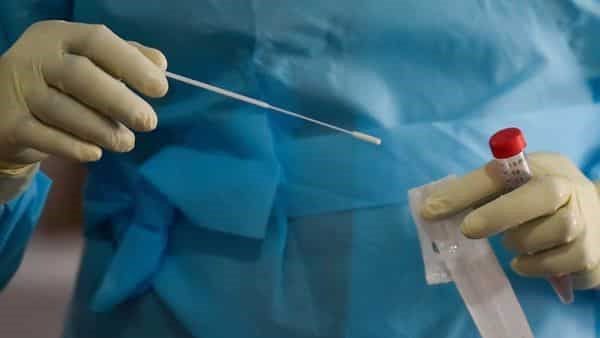
Genome sequencing finds one-third samples Omicron-positive in Mumbai

The very infectious Omicron is freely circulating in the community, genome sequencing at Mumbai’s Kasturba Gandhi Hospital has shown.
The hospital detected the new variant in nearly one-third of the samples it tested, in an indication of community transmission in the state.
A day earlier, the Institute of Science Education and Research (IISER) had detected Omicron in 38 or 10 per cent of its samples from Mumbai and Pune in community surveillance.
Of the 375 samples sequenced from the community at the civic-run Kasturba Gandhi Hospital, 141 or 37.6 per cent were detected with Omicron in Mumbai. Whereas in the previous genome sequencing, only two per cent of the samples had Omicron, a report in The Indian Express said.
Also read: India records 309 new Omicron cases in a day, active COVID cases surge to 91,000
“These findings indicate that Omicron has reached the community-level as the detected patients don’t have any travel history. We have to be very vigilant in this situation,” additional municipal commissioner Suresh Kakani was quoted as saying in the report.
Densely populated cities like Mumbai and Pune have already been recording a sudden spike in COVID cases.
“Considering the one-day doubling rate and spontaneous spike in cases, it was expected that Omicron will spread at the community level. Now, we are working on a war-footing to deal with the outbreak of the third wave of Covid-19,” Dr Shashank Joshi, member of the COVID task force, said.
The state has been sending 300 samples from Mumbai and 100 from Pune to IISER for community surveillance daily, The Indian Express reported, quoting an officer from IISER as saying that “nearly, 500 samples are under process for the genome in different labs. Earlier also, we had found Omicron in samples but in patients with travel history. However, the recently identified patients don’t have any travel history which raises concern about community transmission.”


